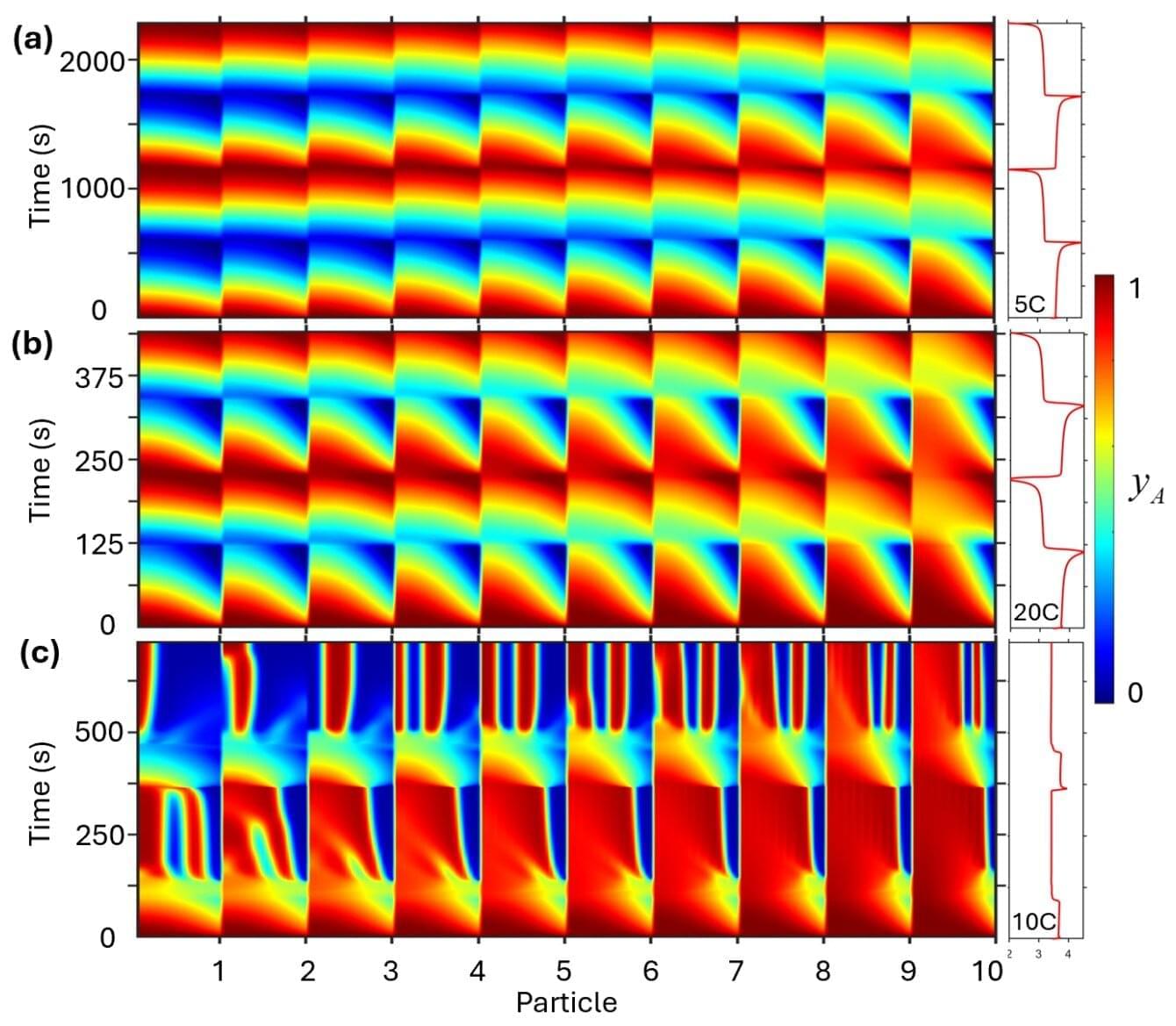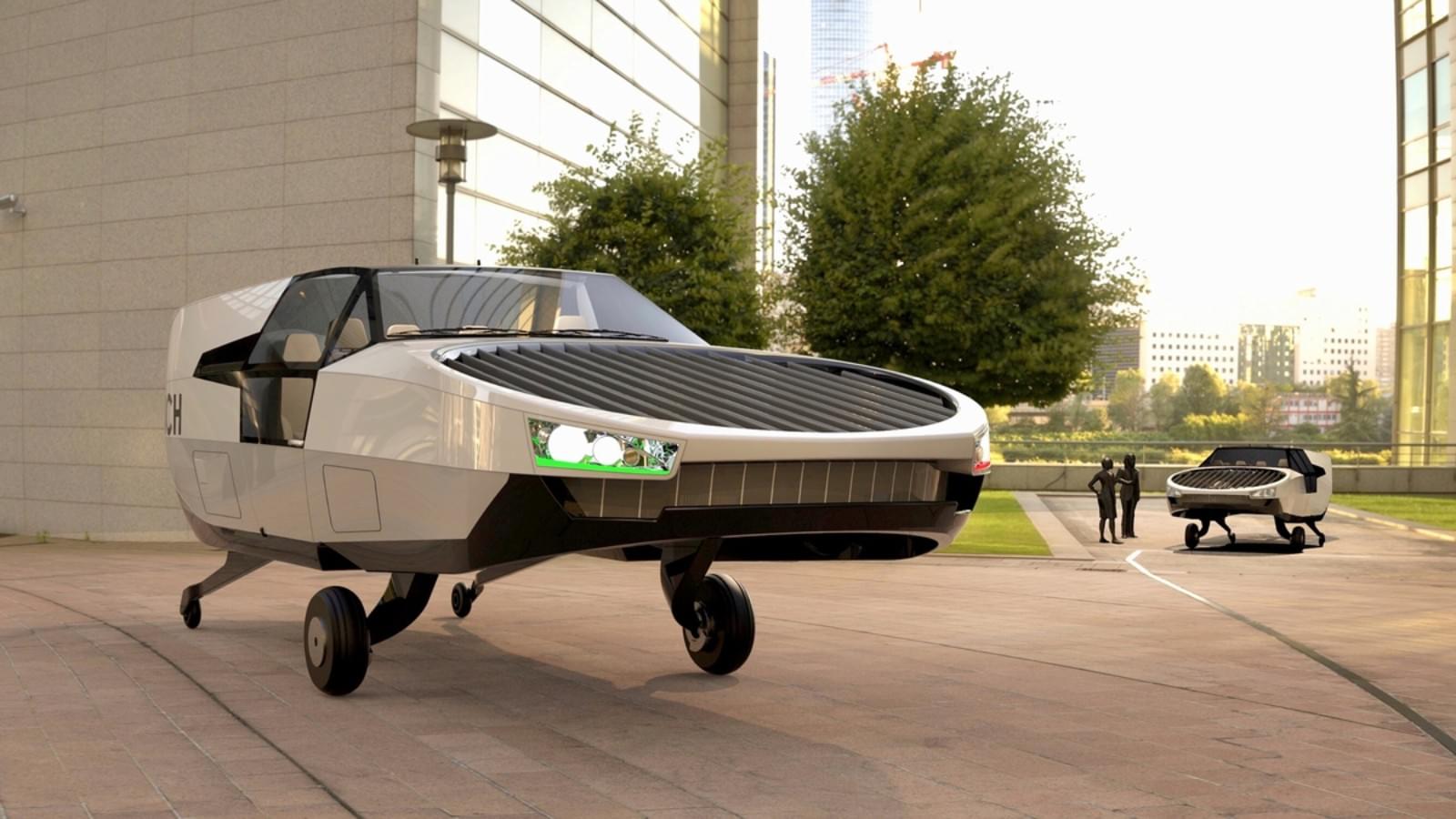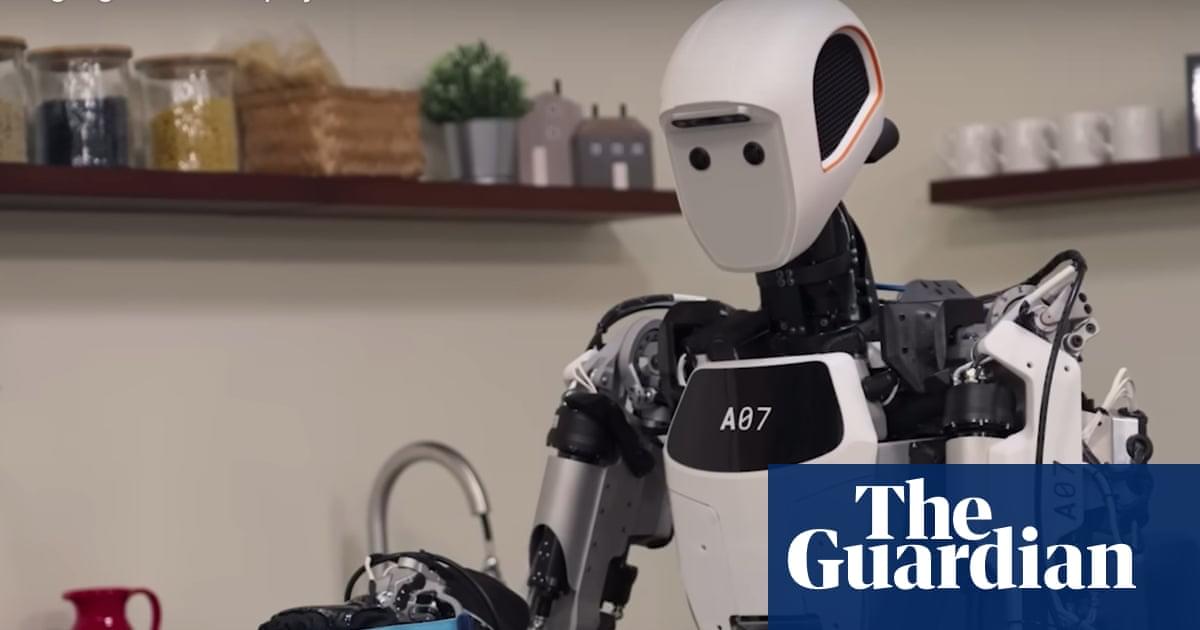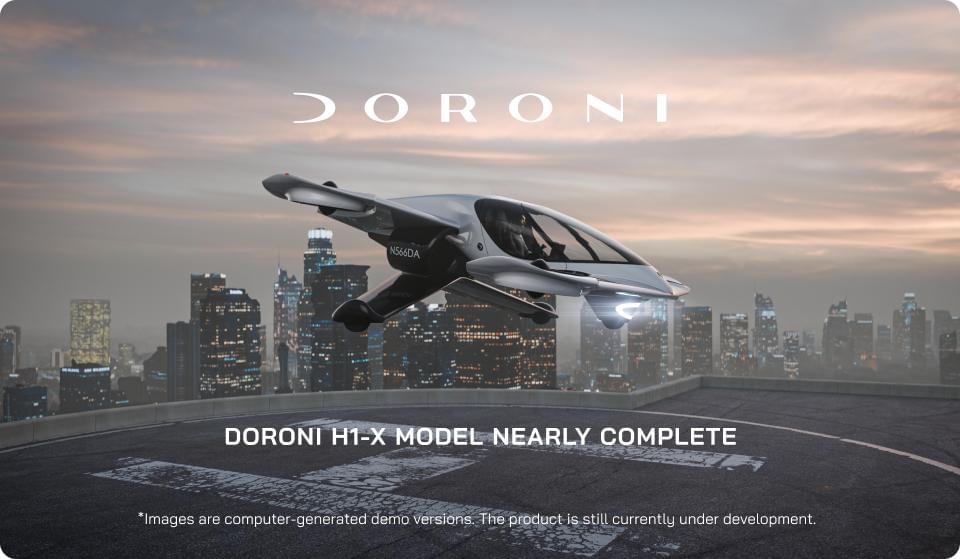Engineers rely on computational tools to develop new energy storage technologies, which are critical for capitalizing on sustainable energy sources and powering electric vehicles and other devices. Researchers have now developed a new classical physics model that captures one of the most complex aspects of energy storage research—the dynamic nonequilibrium processes that throw chemical, mechanical and physical aspects of energy storage materials out of balance when they are charging or discharging energy.
The new Chen-Huang Nonequilibrium Phasex Transformation (NExT) Model was developed by Hongjiang Chen, a former Ph.D. student at NC State, in conjunction with his advisor, Hsiao-Ying Shadow Huang, who is an associate professor of mechanical and aerospace engineering at the university. A paper on the work, “Energy Change Pathways in Electrodes during Nonequilibrium Processes,” is published in The Journal of Physical Chemistry C.
But what are “nonequilibrium processes”? Why are they important? And why would you want to translate those processes into mathematical formulae? We talked with Huang to learn more.







